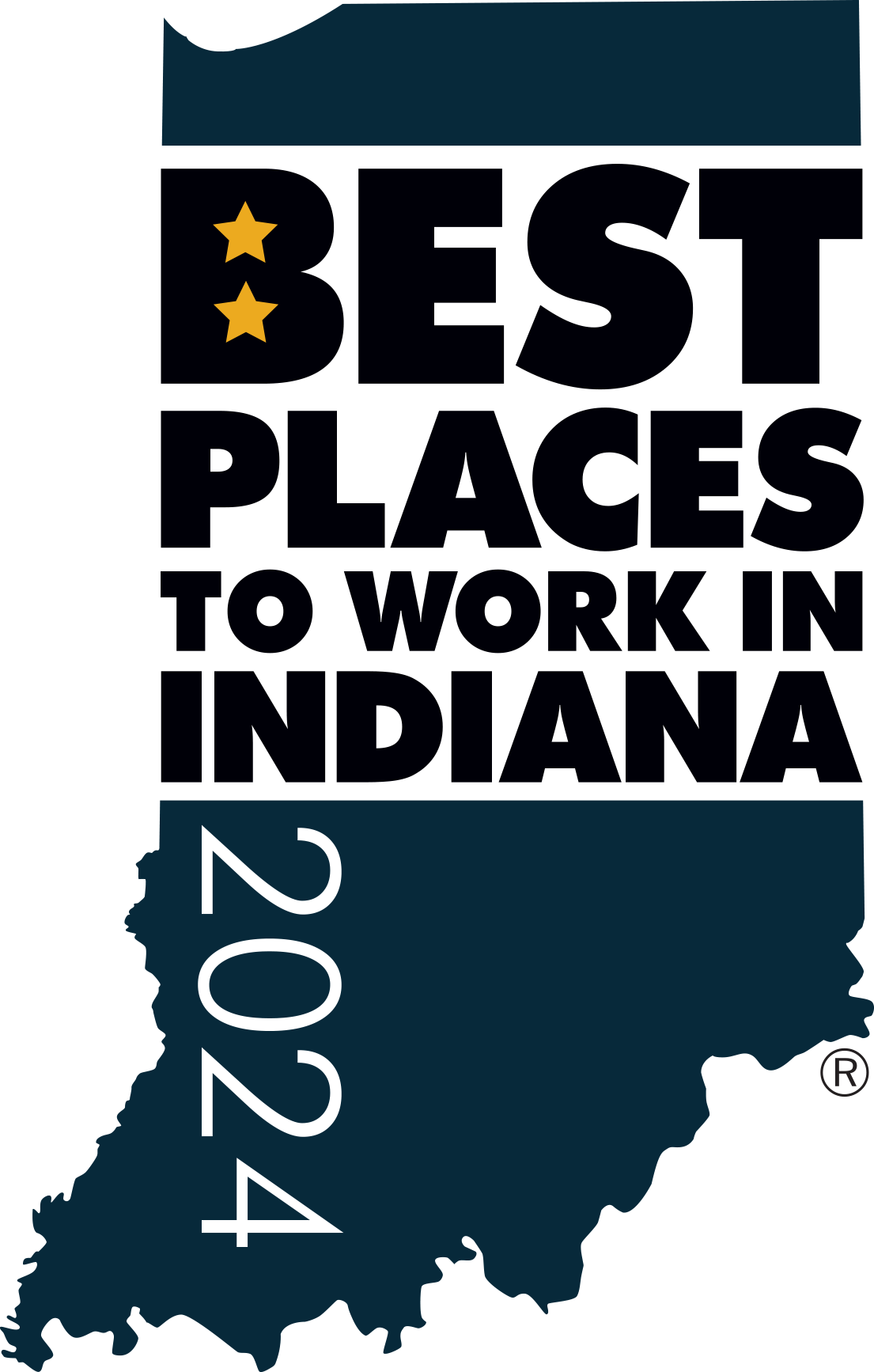The Millennial Challenge
By the year 2030, Millennials, also known as Gen Y (those born in the 80’s and 90’s) will make up 75% of the workforce. The U.S. Bureau of Labor Statistics predicts that by 2015, this hyper-connected and tech-savvy demographic will come close to overtaking the majority representation of the workplace.
This should not come as a surprise as it’s been on the horizon for years, but are we prepared for the rise of Millennials?
These new wave of Digital Natives coming through your office doors are not just tech literate; they are accustomed to being connected at any place and at any time. They can’t recall life before the Internet, they’ve always had a cell phone with Caller ID, and they communicate via text and social media more frequently than phone and in-person. Thanks to the rise of mobile, cloud and social media, Millennials are used to flexibility, openness and instantly connecting with people regardless of their location.
Recruiting Millennials
About 1.5 million, or 53.6 percent, of bachelor’s degree-holders under the age of 25 were jobless or underemployed in 2010, the highest share in at least 11 years. The figures are based on an analysis of 2011 Current Population Survey data by Northeastern University researchers relying on Labor Department assessments to calculate the shares of young adults with bachelor’s degrees who were “underemployed.”
This creates a generation acutely aware of the importance of job security and financial responsibility, yet that balances an innate need to do meaningful work and make an impact. They are idealistic, diverse, social and perhaps most importantly, ambitious. They are digitally-enabled, question the status quo, and work on their own terms. You may think that eventually this group will grow up and things will change. You may be right, but in the meantime it is necessary to readjust the way Millennials are recruited, managed, and inspired.
To attract this generation, you must have more than an appealing job posting or creative job description. Take note of how you describe your corporate culture on your organization’s website and social media pages. How compelling is the “Join Us” section on your website? Consider sharing testimonials from recent hires who can attest to the significant benefits of working for your firm. Share Newsletters or Quarterly Updates with photos from events and cultural initiatives. Contact your city’s Business Journal and investigate “Best Place to Work” awards or accolades to which you could apply. A video with clips from around the office, community, and spotlighting superstars can be an effective way to share “why your firm” to prospects considering applying to your organization.
Managing and Engaging Millennials
Emily Matchar writes in the Washington Post, “The current corporate culture simply doesn’t make sense to much of middle-class Gen Y. Since the cradle, these privileged kids have been offered autonomy, control and choices… They’ve been encouraged to show their creativity… Raised by parents who wanted to be friends with their kids, they’re used to seeing their elders as peers rather than authority figures. When they want something, they’re not afraid to say so.”
What Millennials are not used to are constraints of any kind. They need to be creative through their work and their ability to solve problems. They need to be able to work remotely, and have technology that allows them to access information quickly and at all hours of the night. They use social media as a form of communication – not just socially. Restraining social media access would be suffocating their ability to communicate.
Develop small milestones and incremental titles in order to serve the need for constant career advancement. More than their Baby Boomer parents or Gen X older siblings, Millennials are especially eager to progress in their careers and less willing to wait three to five years for a promotion. This can also provide incremental training that will aid them later with larger career advancement opportunities.
Creating a Millennial-Friendly Culture
In numerous studies, Millennials said they would prefer feedback in real time rather than through traditional performance reviews. Millennials are used to speed, multi-tasking, and working on their own schedule; all are ingredients for success if your organization values end results over the process. Make sure Millennials understand the organization’s corporate vision; they are more likely to look for meaning and impact in their work and helping them understand their role in a larger plan gives them a clearer sense of purpose. If a Millennial recommends a new tool that they think would improve working practices, increase productivity and make office life a little easier, strongly consider that tool. Millennials live and breathe technology and they may be able to teach their managers a new thing or two!
Finding People Who Make a Difference®
Creating a multi-generational workforce has always been essential, and it is a tall task when attitudes toward work and careers differ generation to generation. For more than 50 years, Sanford Rose Associates® has been committed to “Finding people who make a difference®” for its clients. To learn more about how we can create a thriving multi-generational workforce within your organization, please reach out to your Sanford Rose Associates® executive search consultant today.
—Karen Schmidt

